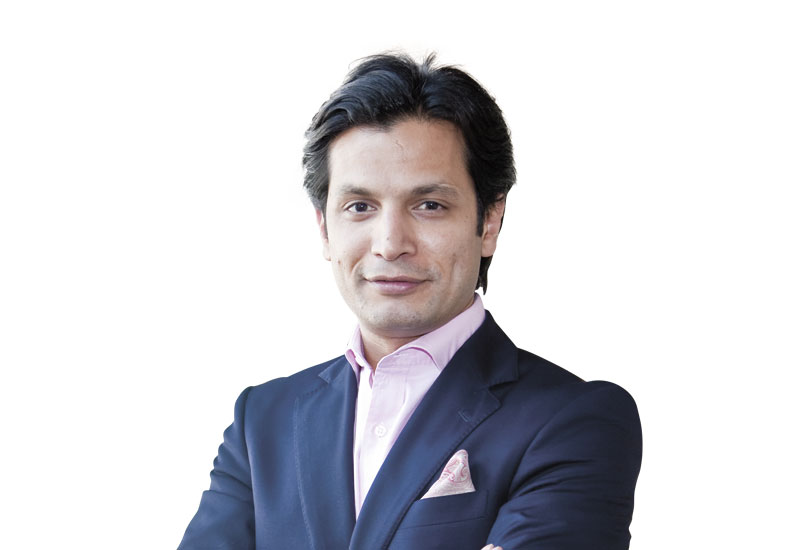Every now and again certain opinions get voiced in the region’s F&B industry that quickly get incorporated as ‘fact’ and trotted out, unchallenged, for months on end.
The belief that Dubai lacks ‘home grown’ concepts and suffers from an influx of ‘international chains’ is one such example, discussed endlessly by panels and the media.
It is commonly believed that the F&B industry will only really achieve excellence on a global level through the opening of more independent venues. But I would argue that it’s far more complex than a simple case of good versus bad. We need to re-examine what we mean when we say ‘home grown’, and not underestimate the power and international recognition that global brands can bring to the UAE’s table.

| Advertisement |
By heralding something as ‘home grown’, we are taking a restaurant to be unique, innovative, concerned with the guest, service levels and accountability. We even assume that they will be committed to buying local, organic and seasonal produce. In a home grown restaurant, we expect that the chef has free reign to push the boundaries in the quest for perfection and offer a concept that is fresh, exciting and pushes us all forward. It sounds great, it really does — we all should open a restaurant like this.
Until you look at the reality.
The bottom line is that despite the hype, the UAE is still a relatively small and unsophisticated market, whose equities market was only recently promoted from ‘frontier’ to ‘emerging’ status by the MSCI Index. We also have the climate to contend with; that affects our tastes and whittles down the type of cuisine made popular. Within this narrow context, there are some restaurant models that just work — whether an all-day bistro or a fine dining venue with a sharing concept. With all the associated risk and cost of opening and running a restaurant, it would be foolish for an independent operator not to mimic the success of those getting it right on some scale. So far, so good.
However, the sticking point comes when non-global openings are labelled ‘home grown’ in contrast to ‘international’, when the reality is that they’re imitating what has been bought in a few years ago and what already works. And in this fluid market, boundaries of what is acceptable quickly become stretched.
Recently we’ve seen the shameless plagiarising of a few established and highly successful concepts in DIFC that have raised more than a few eyebrows. How can they get away with it? And how can we even consider applauding them for their originality and bravery in their ‘independent’ status? It just doesn’t make sense to call one an innovator and the other a faceless produce of globalisation — one good, one bad. Time for a re-think.
By rubbishing the big guys and applauding independents to the extent that they are allowed to turn into mere copycats, we are trying to ignore the need for such external influence to help put the UAE on the global map in the first place. Without a Nobu, a Zuma, or a La Petite Maison, Dubai would never have made it onto the World’s 50 Best Restaurant Lists and as a result, start to be taken seriously as an international dining hub. Without Wheeler’s or Reflets, our media would never have enjoyed visits from Marco Pierre White or Pierre Gagnaire, who can, in turn, explain Dubai’s growth to people that matter back home.
So in summary, we need to recognise the positive influence success has in the market in taking our industry forward — and not focus on where that concept originated. For it is only when a restaurant is busy and profitable that it has the luxury to innovate, set benchmarks and develop excellence in terms of service and quality of product. And it is these values that need imitating in independent restaurants, instead of what we’re seeing now, which is an unimaginative copy-paste of success. Let’s wise up and redefine the context of the discussion. Otherwise we all get bored and our restaurants will get boring!
Ajaz Sheikh is managing director of Zuma Middle East & Turkey.









 Search our database of more than 2,700 industry companies
Search our database of more than 2,700 industry companies









